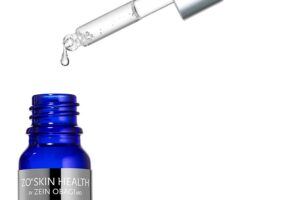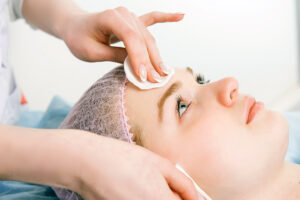Dry Mouth
A dry mouth resulting from a reduction in saliva production can be caused by low levels of oestrogen and so
Dry mouth can cause a sore, dry feeling in the mouth, throat and lips, frequent thirst, and problems with hoarseness.
Critically, saliva in the mouth is important in neutralising harmful acids and protecting against bacteria. When you produce less of it, your tooth enamel can come under attack resulting in sensitive teeth, tooth decay and cavities
Lack of saliva can also lead to changes to the soft tissues in your mouth. Gums can appear redder and can become sore after eating acidic foods. Bleeding gums, ulcers and candida (thrush) can all be caused by hormonal changes.
Saliva also plays an essential part in the stimulation of your taste buds. When your mouth is dry, this can lead to changes in your sense of taste.
Staying hydrated can help combat dry mouth. Drink lots of water and avoid fizzy or acid drinks. Chewing gum mimics eating and so can help release saliva into the mouth to help counteract dryness. Good oral hygiene as everyone plays an important part in mitigating problems associated with dry mouth.
Change in Natural Defenses
In addition to potential changes in salvia production, several hormonal changes occur during menopause, which results in the gums becoming more susceptible to plaque and thus leading to a much higher risk for gingivitis and advanced periodontitis.
To combat this, it is crucial to maintain low levels of dental plaque by having an adequate oral hygiene regime using interproximal brushes or dental floss, ensuring brushing at least twice a day and adopting the correct brushing technique. In addition, you could consider the use of chemotherapeutic agents such as chlorhexidine digluconate. This will help reduce the accumulation of dental plaque, improve periodontal disease and help prevent decay.
Osteoporosis
With a lack of oestrogens in the body, menopause can often put women at risk of developing osteoporosis. This is a condition in which bones can become thinner and women with osteoporosis are more susceptible to bone loss around their teeth and thinning of the jaw bone.
It is important to have regular checkups by the dentist, who will check the jaw bone and monitor changes.
Burning Mouth
A lesser-known symptom of menopause is burning mouth syndrome. This condition causes a burning feeling anywhere in the mouth, but is commonly felt on the roof of your mouth, tongue and lips. Low oestrogen levels can be a contributory factor to this syndrome.
The sensations may occur all the time or can come and go. It can be accompanied by a dry mouth and changes in your sense of smell and taste.
There is no current treatment for burning mouth syndrome, but you can take steps to help reduce discomfort. Cut down on tea, coffee, fizzy, and acidic drinks. Avoid spicy food.




